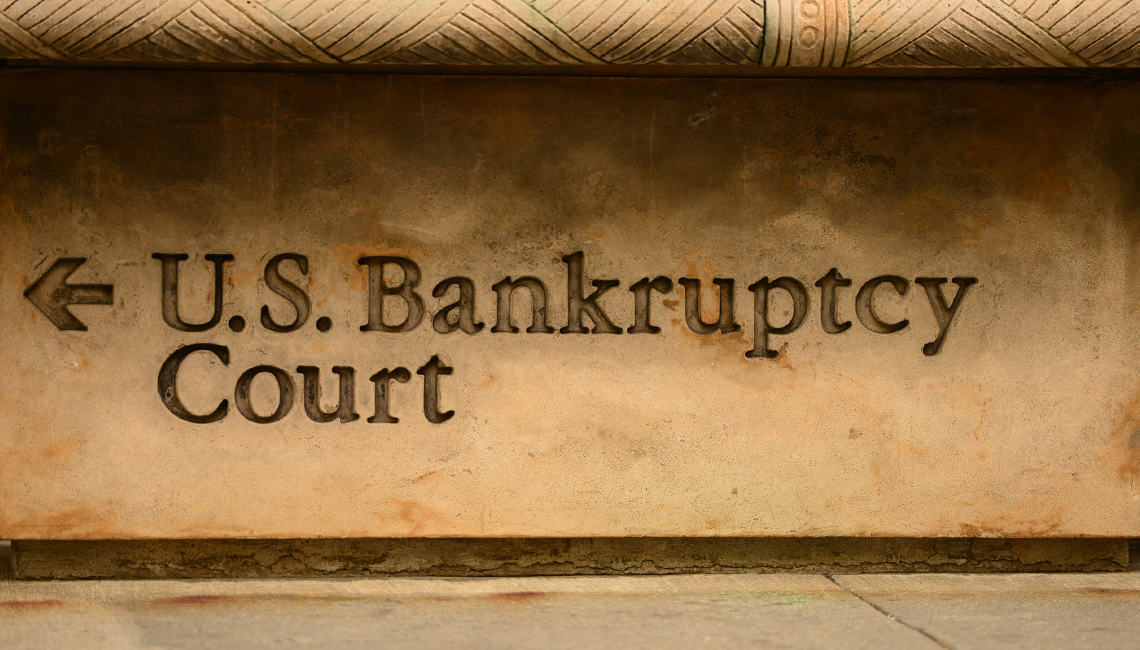
Supreme court case - bankruptcy liability for fraud victims
- Select a language for the TTS:
- UK English Female
- UK English Male
- US English Female
- US English Male
- Australian Female
- Australian Male
- Language selected: (auto detect) - EN
Play all audios:

_BARTENWERFER V. BUCKLEY_, NO. 21-908,__ 860 Fed. App’x. 544 (9th Cir. 2021),__ _cert. granted_, 142 S. Ct. 2675 (2022). Oral argument not yet scheduled. ISSUE: _Bankruptcy law prohibits the
discharge of debts acquired via fraud._ _Can a debtor be denied discharge of a debt when the fraud was perpetrated by a business partner, and the debtor had no actual knowledge of it?_ The
Bankruptcy Code of 1978 offers debtors a fresh start via the ability to discharge past debts. This system comes with many caveats, however, one of which is that debts “obtained by . . .
false pretenses, a false representation, or actual fraud” cannot be discharged. 11 U.S.C. § 523(a)(2)(A). This case challenges the limits of that rule by asking whether it should apply to
someone who claims she had no actual knowledge of a fraud perpetrated by a business partner. The parties’ dispute arises from a real estate transaction. _Bartenwerfer v. Buckley_, 860 F.
App’x 544, 545 (9th Cir. 2021), _cert. granted_, 142 S. Ct. 2675 (2022). David and Kate Bartenwerfer renovated and then sold a house in San Francisco to Kieran Buckley. _Id._ After the sale,
Mr. Buckley alleged defects with the house and sued the Bartenwerfers on several theories, among them nondisclosure of material facts. _Id._ The jury found in favor of Mr. Buckley on the
nondisclosure claim and awarded damages. _Id._ The Bartenwerfers subsequently filed for bankruptcy, and Mr. Buckley challenged the discharge of his judgment against them under 11 U.S.C. §
523(a)(2)(A). _Id._ The bankruptcy court sided with Mr. Buckley, holding that the nondisclosure of material facts by Mr. Bartenwerfer fit the definition of fraud under § 523(a)(2)(A), and
that this fraud could be imputed to Mrs. Bartenwerfer based on their partnership in the remodel. _Id. _at 545-46. A bankruptcy appellate panel then found that Mr. Bartenwerfer’s fraud should
not be imputed to Mrs. Bartenwerfer if she did not know of the fraud. _Bartenwerfer_, 860 F. App’x at 545. On remand, the bankruptcy court concluded that Mrs. Bartenwerfer did not know of
the fraud and, thus, the fraud could not be imputed to her. _Id. _The bankruptcy appellate panel affirmed. _Id. _However, the Ninth Circuit reversed that decision, holding that “Mrs.
Bartenwerfer's debt is nondischargeable regardless of her knowledge of the fraud.” _Id._ at 546-47. It based its ruling on a Supreme Court case, which held that “if, in the conduct of
partnership business, . . . one partner makes false or fraudulent misrepresentations of fact to the injury of innocent persons, . . . his partners cannot escape pecuniary responsibility
therefor upon the ground that such misrepresentations were made without their knowledge.” _Id. _at 546 (quoting _Strang v. Bradner_, 114 U.S. 555, 561 (1885)).
